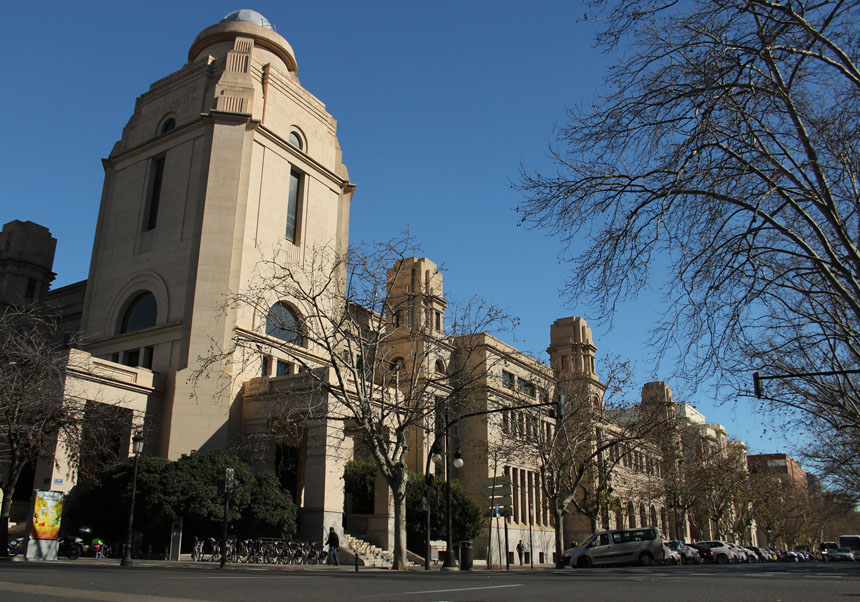
The Universitat de València (UV) has joined to the proposal signed by more than one hundred universities and entities from 19 countries to ask that every 13th May the Doctorate European Day is celebrated. The proposal parts from the necessity of building a shared European identity and highlighting that doctorates are essential to assure the scientific, economic and industrial future of Europe. This Tuesday, 13th May the proposal will be announced, and on the same day in 2026, the first edition thereof.
In the Universitat de València the proposal of adding it has been promoted by the Doctoral School, led by Mariam Tórtola. “Doctorates have a fundamental paper as promoters of innovation in our society. Their contribution is essential to confront the challenges of a world in transformation and to assure the scientific and technological future of Europe. For this reason, we firmly support the initiative of declaring an European Day of the Doctorate, as a recognition to their work and the importance of doctoral training”, underlined the Theoretical Physics of the UV professor.
The initiative looks to increase the appeal of the doctoral training for European and international students, sensitise employers and increase the recognition of doctoral titles, and underline the diversity of professional trajectories and the social impact of the doctoral students.
The Century of Lights was European, as well as the Humboldtian model of education based on research. Even if traditions and methods of doctoral training vary from an European country to another, Europe shares a common vision of the doctorate and the doctorates. “The Bologna Agreements and the European Spaces of Superior Education and Research (along programmes such as MSCA, the HRS4R stamp, the European Charter for Researchers and the Code of Conduct for the Recruitment of Researchers) have had transforming effects that are worth a greater recognition”, it is explained from the document signed by the institutions.
In the proposal, it is made clear that dedicating a workshop to the doctoral training and research would imply that the EU would contribute as well to consolidating a community around a really unifying topic. Furthermore, help for the mobilisation of the scientific community would to an European level would be provided through diverse networks that could take the event in its natural form, as European Universities Alliances and specialised networks that link the European doctoral community.

.jpg)








